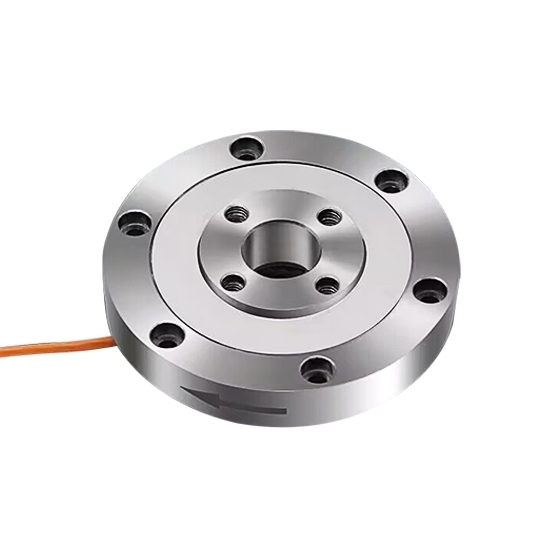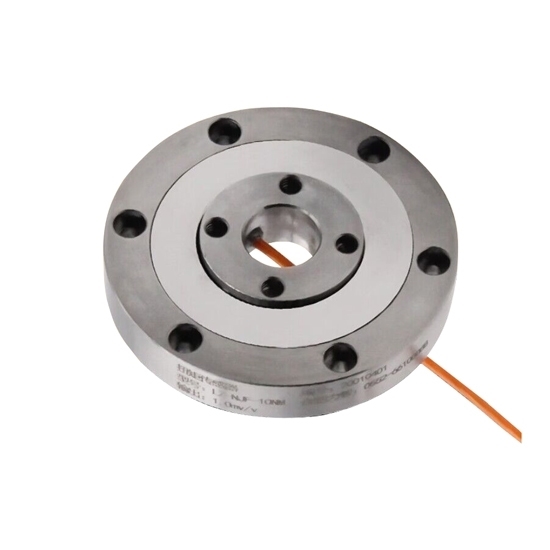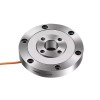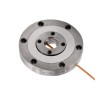



- Stock: In Stock
- Model: RDDLZ-TQS-NJY65
- Weight: 1.00
- SKU: RDDLZ-TQS-NJY65
Available Options
In many cases, static torque sensors can be more cost-effective than dynamic torque sensors. Their simpler design and lower maintenance needs contribute to a more economical solution for torque measurement.
Specification
| Model | RDDLZ-LZ-NJY65 |
| Sensitivity | 1.5-2.0 mV/V |
| Material | Stainless steel |
| Non-Linearity | ≤±0.5% F. S |
| Repeatabilit | ≤±0.5% F. S |
| Creep | ≤±0.3% F. S/30 min |
| Zero Temperature Drift | ≤±0.05% F. S/10°C |
| Sensitivity Temperature Drift | ≤±0.05% F. S/10°C |
| Working Temperature | -20°C~60°C |
| Input Impedance | 380±30Ω/730±30Ω |
| Output Impedance | 350±2Ω/700±3Ω |
| Insulation Resistance | ≥5000MΩ/100VDC |
| Safety Overload | 120% F. S |
| Bridge Voltage | 5-12VDC |
Feature
- Compact size, stainless steel material, with high precision and good stability.
- Strong anti-interference capability and easy installation.
- Low Maintenance. Static torque sensors generally have fewer moving parts compared to dynamic torque sensors.
- Durability. These sensors are designed to withstand harsh conditions, making them durable in demanding environments.
Dimension: (Unit: mm)
Wiring Method
Application
Tips: How Does Static Torque Sensor Work?
Static torque sensors operate based on strain gauge technology. These sensors are designed to measure the deformation or strain that occurs in a shaft or other torque-transmitting element when torque is applied. The sensor typically consists of a shaft with strain gauges attached to it. When torque is applied to the shaft, it undergoes deformation, causing a change in the electrical resistance of the strain gauges.
This change is then converted into an electrical signal proportional to the applied torque. The sensor's output is calibrated to provide an accurate measurement of the torque applied, making it a reliable tool for applications where a stationary or non-rotating torque needs to be measured. Static torque sensors find applications in various industries, including automotive, aerospace, and industrial manufacturing, where precise torque measurements are essential for quality control and performance optimization.
